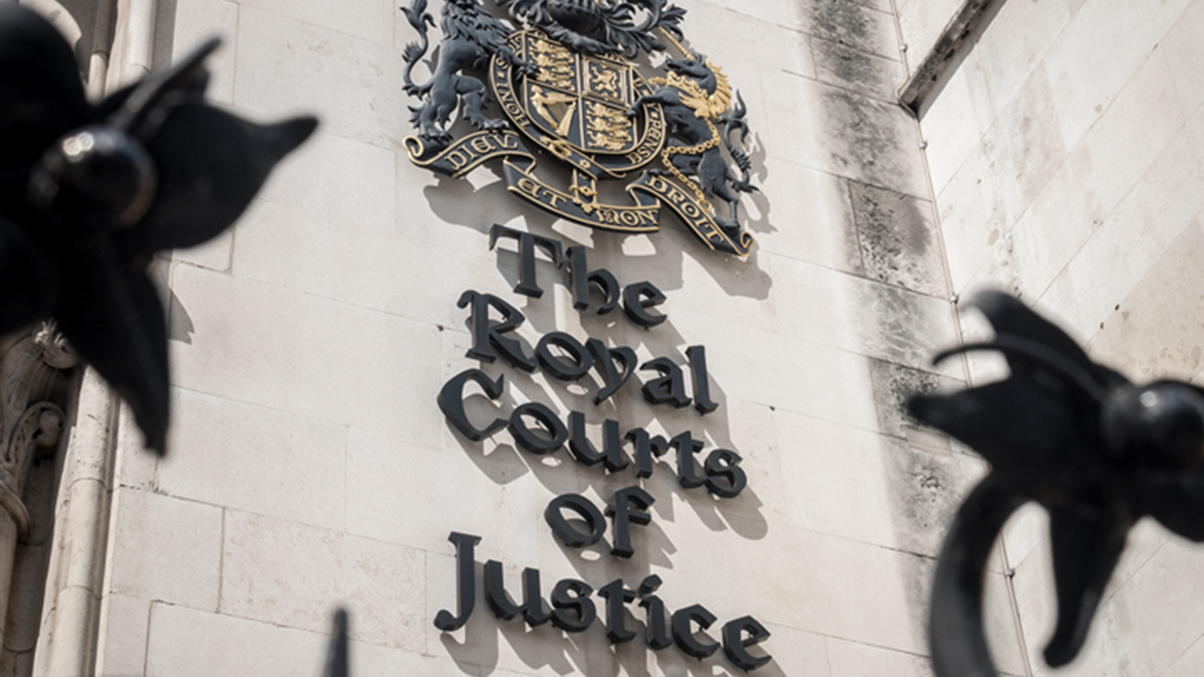The Court of Appeal has applied the second exception to the without prejudice rule where there is evidence of fraud, misrepresentation or undue influence. This is the first time it has been applied in a reported English case. It also found the first instance judge to be mistaken in applying the sixth exception to the rule (known as the Muller exception).
Mo Bhaskaran, Ed Holmes and Ben Waller of our Fraud and Commercial Litigation teams consider the recent Court of Appeal decision in Berkeley Square Holdings Ltd & Others v Lancer Property Asset Management Limited & Others [2021] EWCA Civ 551 (Berkeley v Lancer).
The without prejudice rule
The without prejudice rule exists to encourage parties to settle disputes without fear that any admissions made during negotiations will be used against them in litigation. In Unilever plc v Procter & Gamble Co [2000] 1 WLR 2436, the Court of Appeal set out a non-exhaustive list of exceptions to this rule where evidence of without prejudice negotiations would be admissible in court, namely:
- When the issue is whether without prejudice communications have resulted in a concluded compromise agreement.
- To show that an agreement concluded by the parties should be set aside on the ground of misrepresentation, fraud or undue influence (sometimes referred to as “the fraud exception”).
- Where a statement is made giving rise to an estoppel.
- As evidence of blackmail, perjury or other unambiguous impropriety.
- As explanation of delay or apparent acquiescence.
- As evidence of the reasonableness of a settlement (also known as the Muller exception).
Background
The claimants in Berkeley v Lancer comprised various companies that held a property portfolio in London worth around £5bn. The claimants were beneficially owned by Sheikh Khalifa bin Zayed Al Nahyan (the Emir of Abu Dhabi and President of the UAE) and his daughter. The claimants’ agent and representative in respect of the properties was Dr Mubarak Al Ahbabi.
Pursuant to an agreement signed in 2005, the properties were managed by the first defendant (Lancer) from 2004 to 2017, in accordance with an agreement signed in 2005. A few months later, the parties entered into a side letter that entitled Lancer to a new performance bonus.
The 2005 agreement was varied in 2011 to provide Dr Al Ahbabi with authority to direct Lancer to make payments to third parties, including a BVI company (Becker) beneficially owned by him. The variation also ratified earlier payments made by Lancer to Becker at Dr Al Ahbabi’s direction.
A dispute arose in 2012 between the claimants and Lancer regarding Lancer’s entitlement to performance bonuses. This led to mediation. As is typical, the parties signed a mediation agreement, which provided that information passing between them in connection with the mediation would be deemed without prejudice.
Lancer’s mediation position papers, marked “without prejudice”, referred to the payments made to Becker. Settlement agreements were reached, which resulted in the claimants paying £30m to Lancer.
In 2018, the claimants issued the present proceedings against Lancer and related parties. The claimants alleged that Dr Al Ahbabi, who had been removed as the claimants’ agent in September 2015, had misappropriated more than £26m from them. They alleged that Lancer knew or suspected Dr Al Ahbabi was acting in breach of duty and had no authority to cause payments to be made to Becker. They sought restitution of sums paid to Lancer and of the 2012 settlement sum.
The claimants asserted that they did not discover the alleged fraud until 2016. The defendants denied this, however, arguing that the claimants had been made aware of the payments by virtue of the 2012 mediation position papers.
The claimants applied to strike out these allegations in the defence on the grounds that the mediation position papers were, as a matter of both the general law and contract, subject to without prejudice privilege and thus inadmissible.
The High Court decision
Mr Justice Roth refused the claimants’ application on the grounds that the mediation statements fell within both the second and sixth exceptions to the without prejudice rule (see above) and were therefore admissible.
The Court of Appeal decision
The second exception
The claimants appealed in relation to the second exception on various grounds, including that:
- this exception should be limited to setting aside a settlement agreement (where there has been a misrepresentation, fraud or undue influence), as opposed to defending a claim to set aside; and
- the judge was wrong to rely on the fact that the defendants were only seeking to adduce evidence of what they themselves had said, not of anything the claimants had said.
The Court of Appeal accepted the latter point. The exclusion of without prejudice material applies to everything that is communicated; it is a joint privilege that can be waived only with the consent of all parties.
However, it disagreed with the former point, with the result that the mediation position papers were deemed admissible. The purpose of the second exception is not, as the claimants asserted, to prevent a party from abusing the without prejudice rule by making a wrongful or actionable statement to induce settlement. That would make the second exception indistinguishable from the fourth exception (see above).
The Court of Appeal could not see any principled ground for distinguishing between admitting evidence of without prejudice statements to set agreements aside and admitting them to defend a claim to set agreements aside. It used an example of two parties in without prejudice negotiations. At the first meeting, party B makes a misrepresentation that it corrects at a subsequent meeting before a settlement agreement is made. On the claimants’ case, party A would be able to adduce evidence of the first meeting, but party B would not be able to adduce evidence of the subsequent meeting.
The Court of Appeal also held that to exclude the content of negotiations in resolving whether a settlement agreement is binding or in determining the meaning of the agreement would be to put such contracts into a special category in which they do not belong.
The claimants’ knowledge of their agent’s personal interests and the scale of the payments being made was central to the claim. The without prejudice mediation statements were directly relevant in providing information about Dr Al Ahbabi’s authority to make the arrangements in question.
The sixth exception
The Court of Appeal found that Mr Justice Roth’s reliance on the sixth exception, originally developed by the Court of Appeal in Muller v Linsley and Mortimer [1996] PNLR 74, was in this case misplaced.
It considered that he had relied on a new exception, which had first been developed by Mr Justice Fancourt in Briggs and others v Clay and others [2019] EWHC 102 (Ch). This exception would apply where one party raises an issue that cannot or cannot fairly be decided without recourse to evidence of without prejudice negotiations or communications, but the party raising the issue resists disclosure or use of such evidence. The Court of Appeal decided that the present case was not the place to decide whether such a new exception exists as it was not necessary to the resolution of the claimants’ appeal.
Conclusion
The Court of Appeal has not only applied (for the first time in a reported English case) the second exception to the without prejudice rule, it has also provided helpful clarification as to the scope of this exception and its availability as both a sword and a shield.
The court agreed with the claimants’ submission that caution should be shown in extending the categories of exception. Having said that, it acknowledged that its decision regarding the second exception might constitute an extension to the second exception but, even if that was so, it was a principled extension.
It is, therefore, apparent that in the right factual circumstances, there may be scope for further extension of the above exceptions. This was not the right time, however, to extend the sixth exception.
Interestingly, the Court of Appeal also noted that the High Court might not have been correct to hold in Jefferies Group Inc v Kvaerner International Ltd [2007] EWHC 87 (Comm) that the second exception does not extend to a negligent misrepresentation.
You can find further information regarding our expertise, experience and team on our Fraud and Commercial Litigation pages.
If you require assistance from our team, please contact us or alternatively request a call back from one of our lawyers by submitting this form.
Subscribe – In order to receive our news straight to your inbox, subscribe here. Our newsletters are sent no more than once a month.






